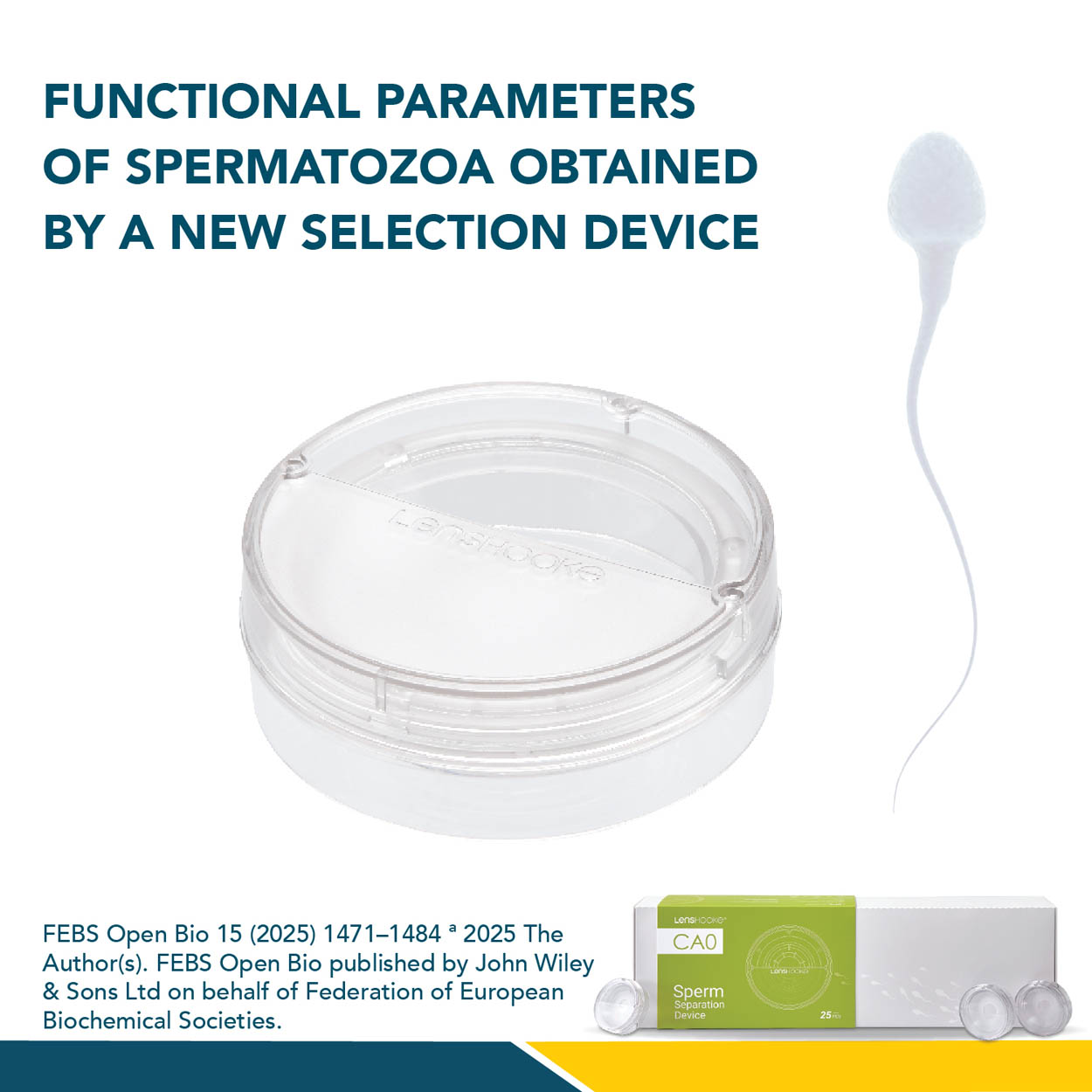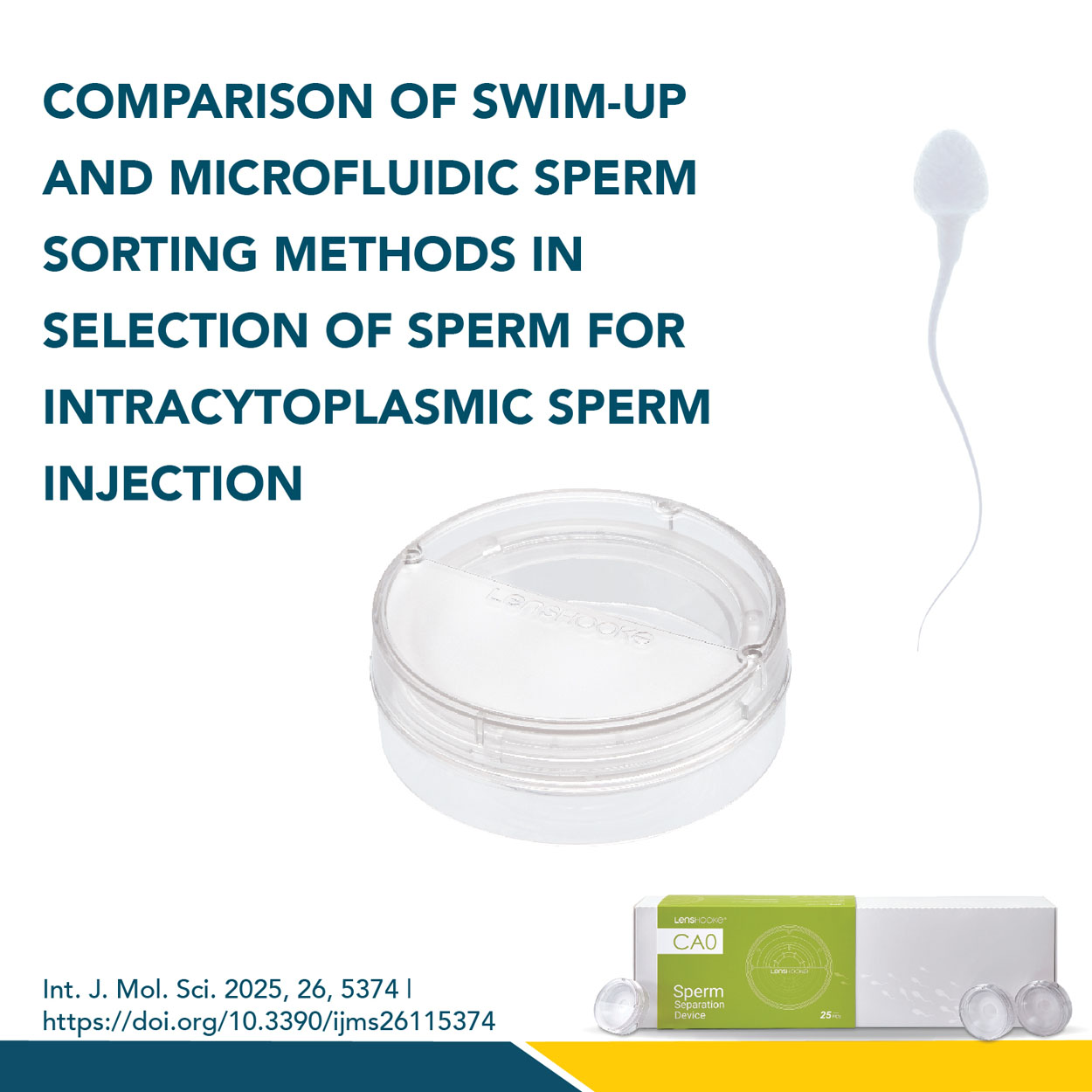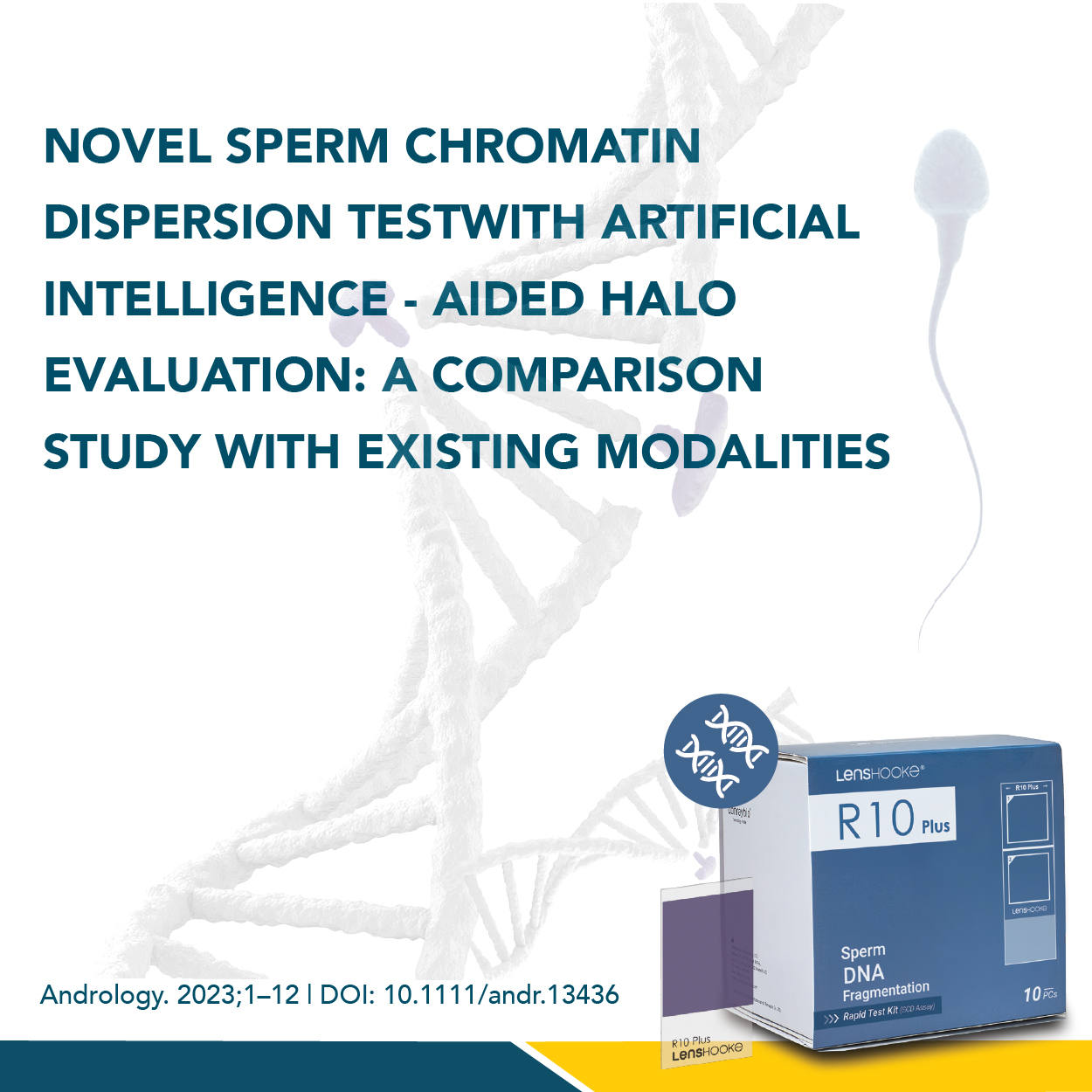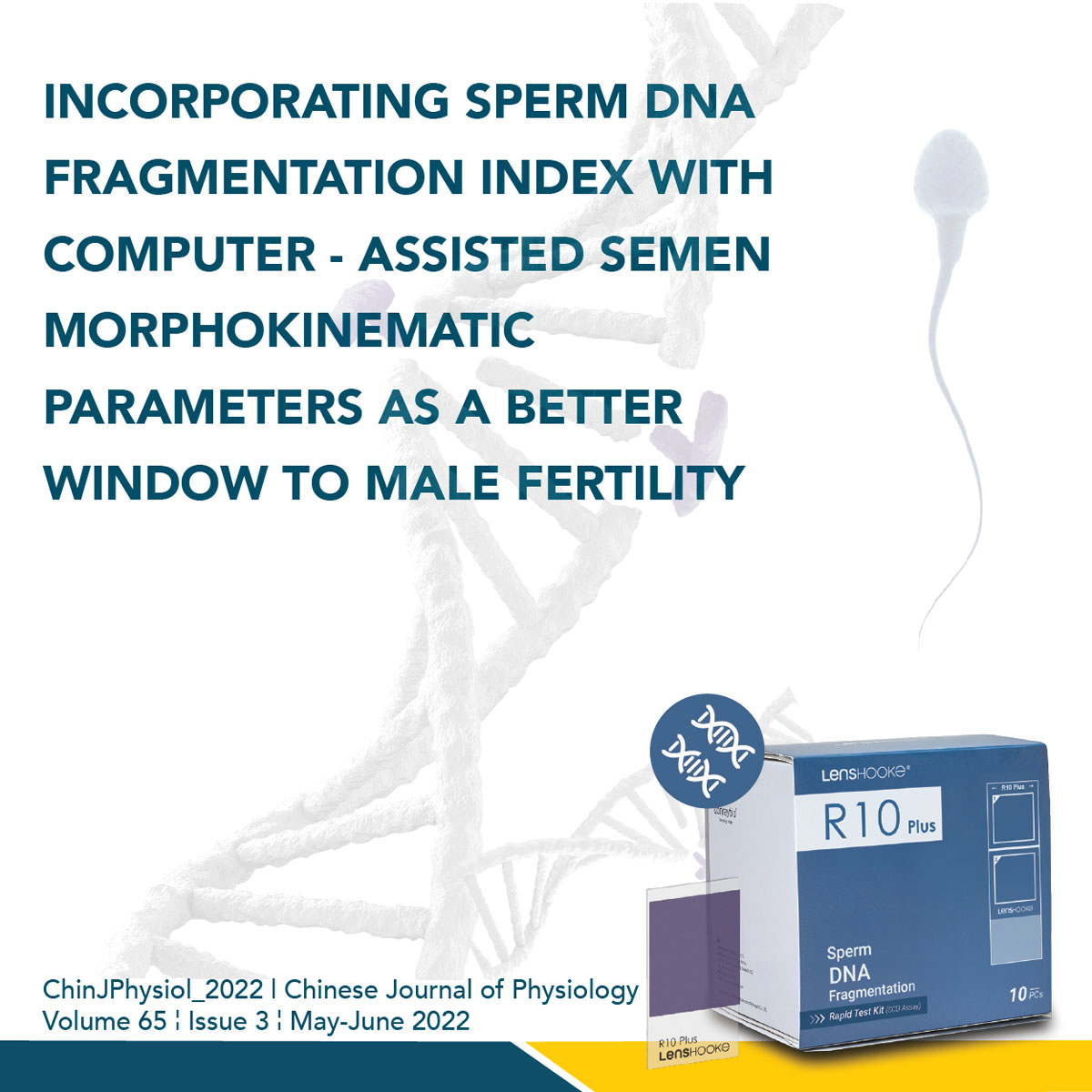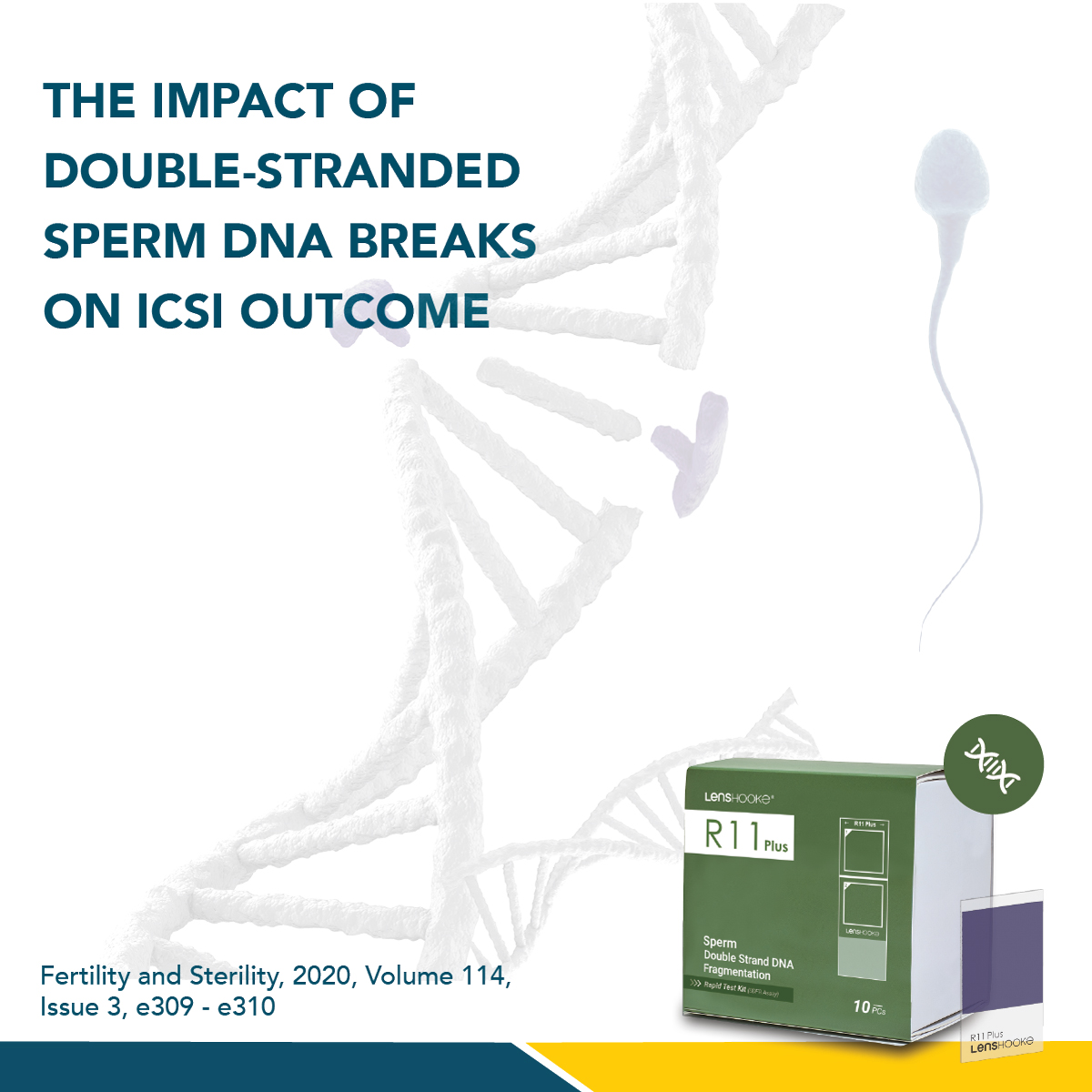Background and aim:
Source: MIT News
Disclaimer: Views expressed are solely of the author and have no bearing on Advy Chemical Pvt Ltd.
A team of scientists from MIT and Harvard University has adapted a CRISPR protein that targets RNA (rather than DNA), for use as a rapid, inexpensive, highly sensitive diagnostic tool with the potential to transform research and global public health.

In a study published today in Science, Broad Institute members describe how this RNA-targeting CRISPR enzyme was harnessed as a highly sensitive detector — able to indicate the presence of as little as a single molecule of a target RNA or DNA. Co-first authors Omar Abudayyeh and Jonathan Gootenberg dubbed the new tool SHERLOCK (Specific High-sensitivity Enzymatic Reporter unLOCKing); this technology could one day be used to respond to viral and bacterial outbreaks, monitor antibiotic resistance, and detect cancer.
